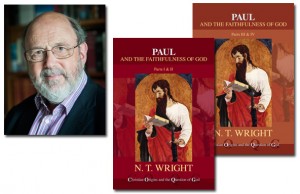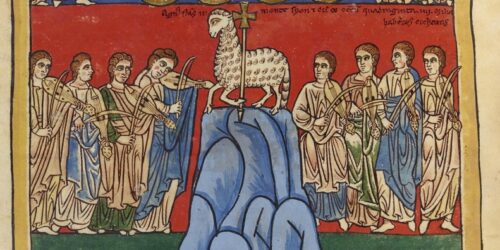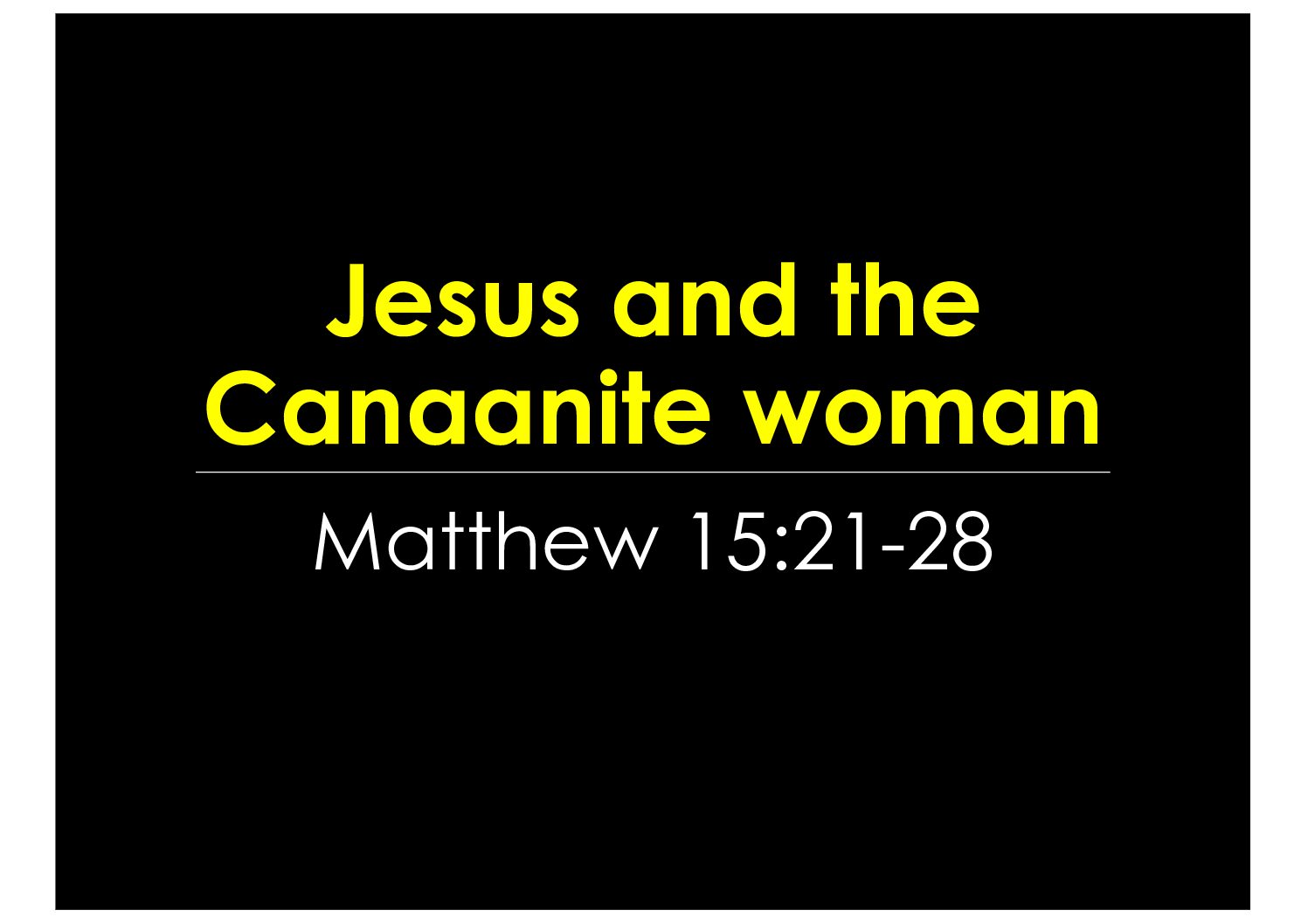Reading Tom Wright’s Paul and the Faithfulness of God (4)
Here the fourth of my series of posts as I read through Tom Wright’s Paul and the Faithfulness of God. The earlier posts are here, here, and here. This post focuses on chapter 4, ‘A Cock for Asclepius: “Religion” and “Culture” in Paul’s World’. The chapter title echoes Socrates’ final words to his friend Crito after Socrates had taken hemlock to commit suicide—he instructed Crito to offer a cock to the god of healing, Asclepius, probably as a thanksgiving for the ease of his death. Wright’s point is that what we separate as philosophy and religion were closely intertwined in antiquity.
Wright begins the chapter with an important discussion of the meaning of ‘religion’ as a term, for it was unknown in the ancient world. He highlights the dangers of putting things together which may not belong together, and also that our understanding of ‘religion’ may not be an accurate or helpful way of describing ancient practice. Whatever else it was ancient ‘religion’ was not tolerant and pluralist—rituals and prayers needed to be performed correctly on pain of considerable penalties. Wright refers to Edwin Judge’s classic (and not well-enough known) little article ‘Was Christianity a Religion?’ (available in the collection of Judge’s essays, The First Christians in the Roman World, WUNT 229; Tübingen: Mohr Siebeck, 2008, pp 404-9—mostly accessible on Google Books here). Wright agrees with Judge’s assessment that there a real problems with using the category ‘religion’ for earliest Christianity: the Greeks and Romans had no generic word for ‘religion’ (and, indeed, the wise men of India did not know they had a religion called Hinduism before the British arrived); and to use ‘religion’ has the danger of either painting ancient ‘religions’ as modern ‘search for God’ phenomena, or treats earliest Christianity as a ritual-observant way of life (and both of these are errors). Wright is thus tempted (with good reason) not to use the term ‘religion’ at all, but decided to do so because: (i) discussion of ‘the gods’ and the like got ancient philosophers into trouble, and cultic observance was so pervasive in the ancient world that we need a word to describe this set of phenomena and thought-patterns; (ii) some elements of early Christian life and practice overlap with ancient ‘religion’ (properly understood); (iii) the early Christian groups would appear similar to ‘religious’ societies, such as the cult of Mithras, which would cause ancient people to put Paul’s groups in a similar category.
Cicero uses the Latin term religio for ‘religious observance’, and means rituals, inspecting auspices, and interpreting prophetic oracles or signs. The way people acted toward the gods ‘was a central expression of the larger life of the community as a whole…The whole point was to maintain and enhance the pax deorum, the “peace of the gods”’ (p 253). ‘Religion’ was thus not a private belief-system which did not affect one’s life in public—it was the centre of the life of the city, the community. The world was full of gods, as Thales said. Thus Greeks and Romans of Paul’s day would pick up allusions to stories of the gods without difficulty—they were as pervasive as the stories of Batman or James Bond are in our day.
I have spent quite some time on this point, since I agree with Wright that many difficulties arise from the indisciplined use of ‘religion’ as a term. Early Christianity would not look like a ‘religion’ in the ancient sense, for it lacked sacrifices, rituals, and much else—and it had a body of Scriptures which was at least very unusual among Graec0-Roman ‘religions’. I agree that we need to take much greater care in our use of terms.
Wright then goes on to a survey of religion and culture (I’m dropping the quotation marks, as he also does at this point) in Paul’s day in the eastern Mediterranean. He surveys ancient Greek religion, the cults of the Orient, and Roman religion, although noting that the division is heuristic, since for most the three were closely interwoven.
Key aspects of Greek religion were fertility (of land, animals and people), sacrifice, libation (pouring out a small portion of a drink to the gods), and prayer. Such activities might take place at home or in a temple, where the god’s image would be kept and venerated. Festivals of the gods marked the annual calendar. The gods looked after the city (or not, if they were not happy), and they communicated by signs, portents, natural events, oracles, and omens, usually needing professional interpretation. Some oracular sayings were collected, such as the Sibylline Oracles—although this is unusual, and these books did not have the same role as the Jewish Scriptures in early Christianity or (for that matter) Judaism.
The Eastern cults brought new teachings and ideas, and groups formed around them, such as the Pythagoreans. These groups were interesting and unusual, since they were not formed by blood-ties or common citizenship, but by personal decision—somewhat like the early Christian groups. The so-called mystery religions belong here, and could include practices designed to be experienced in order to enter a new state of mind. Mithraism is an example.
Roman religion pervaded the ancient world because of Rome’s power and influence and also, in some of the cities Paul visited, because of the establishment of colonies, cities where Roman law was the city’s rule and way of life. Not only that, but the Romans imposed their own understanding of the gods on others, so that the Greek pantheon was considered equivalent to the Roman (but just using different names, so Jupiter = Zeus, etc.). Other gods could be absorbed by syncretistic descriptions as the equivalent of the Roman gods. Rome itself was marked out as ‘sacred space’ by the pomerium, the boundary around the city which defined where activities could (and could not) take place. Priests were in charge of defining and enforcing the calendar and festivals (pontifices did these things), advise on taking auspices and interpreting omens (the ‘augurs’), interpreting strange phenomena and omens (the quindecemviri), and organising feats each year (the epulones).
The significance of all of this for Wright’s project of understanding Paul is that these were the assumptions, vested interests, traditions, civic and personal concerns, and so on which would be involved when people heard Paul preach and engaged with his message.
Wright closes the chapter with a very good and helpful summary of key issues arising from the religious world of Paul’s day (pp 274-78). Here are some edited highlights: the whole short section repays reading. First, religion was pervasive and thus highly significant. Secondly, new ideas and practices in religion were not welcome, and could easily arouse the ire of others. However, thirdly, Paul’s stress on ‘belief’ would be strange to most, for religion was something you did, not something you believed. Indeed, religion was not a source of ethics—a pagan priest would not teach people how to live in the personal and public spheres beyond their observance of cultic practice. Judaism, fourthly, was a rather different animal, for it opposed statues and idols, and regarded pagans as immoral: Wright cites helpful passages from Wisdom 13:10; 14:8-11, 27-29 to illustrate this (it is a feature of this book throughout that he quotes such texts in full, which is helpful for the less familiar texts). Christianity seemed to be a variety of Judaism, but without the animal sacrifices which the Jews shared with everyone else.
I have enjoyed reading this chapter and found the closing section particularly helpful in pulling the threads together. Wright’s substantial discussion of the category of ‘religion’ in relation to the ancient world is salutary and significant, I think, for it places Paul’s message in context, and shows how strange it would have looked—more like a kind of philosophy than a ‘religion’.
Onward and upward: the next chapter is on the Roman empire and the imperial cult—I’m looking forward to it.



